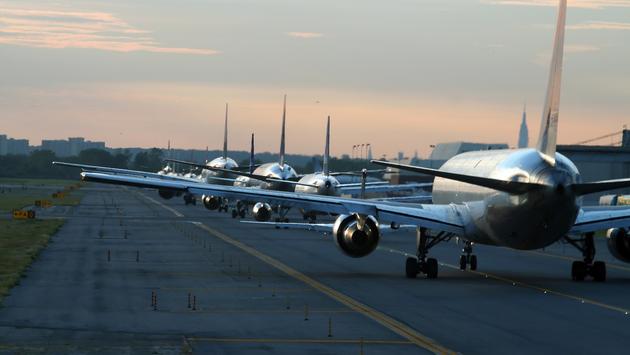A Human-Focused Approach to Aviation Safety

Technological advances are essential to improving aviation safety and operational efficiency, but despite leaps in technology, humans remain at the center of the safety equation.
The 2024 Asia Pacific Summit for Aviation Safety (AP-SAS), scheduled for Aug. 13-15 in Beijing, will take an in-depth look at why a human-centered approach is critical to advancing aviation safety and how it can lead to more sustainable and effective safety outcomes.
AP-SAS 2024, jointly organized by Flight Safety Foundation, the Civil Aviation Authority of Singapore (CAAS), and the Civil Aviation Administration of China (CAAC), will feature sessions on fostering a positive safety culture, the effective recruitment and selection of technical and non-technical personnel, and training methodologies that are evolving to include competency- and evidence-based training. Reinforcing the importance of mental health and overall well-being also will be discussed.
Other sessions will focus on the growing role of automation and the emergence of artificial intelligence (AI). The automation session will examine automation complacency and the associated loss of situational awareness. The AI panel discussion will look at AI’s impact on humans in aviation and how its power can be harnessed safely. Panelists will address questions such as, “Should AI complement the human, or is it the human complementing the technology?”
International Civil Aviation Organization Secretary General Juan Carlos Salazar will deliver keynote remarks, as will Mr. Song Zhiyong, administrator of CAAC, and Capt. Stanley Ng, president and chief operating officer of Philippine Airlines.
For more information and to register, please follow this link to the AP-CAS 2024 page on the Foundation’s website.
Flight Safety Foundation is an independent, nonprofit, international organization engaged in research, education, advocacy, and communications to improve aviation safety. The Foundation’s mission is to connect, influence, and lead global aviation safety.
